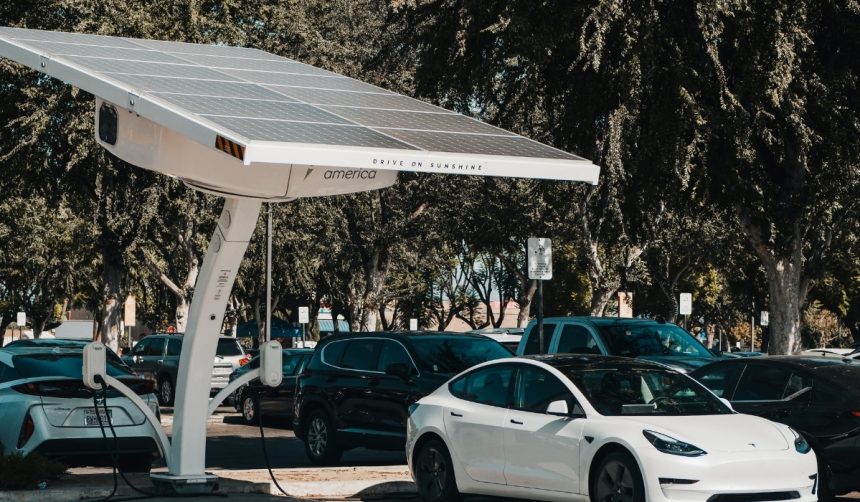Volkswagen Group has reported an increase in global vehicle deliveries for the first quarter, driven primarily by a surge in electric vehicle (EV) demand across Europe and the Americas. This growth underscores Volkswagen’s strategic focus on expanding its EV portfolio amidst a competitive automotive landscape. While European and American markets have embraced Volkswagen’s electric offerings, the company faces significant challenges in China’s rapidly evolving EV market.
Volkswagen’s performance this quarter marks a notable shift in market dynamics, as traditional automakers continue to vie for dominance against emerging EV manufacturers. The company’s ability to capitalize on growing consumer interest in sustainable transportation options has positioned it favorably against competitors like Tesla. However, the varying regional successes highlight the complexities of the global automotive market.
Volkswagen’s EV Sales Surge
Europe and the United States have been pivotal for Volkswagen’s EV growth, with sales increasing by over 100% in Europe and 51% in the U.S. These regions have seen a rising preference for electric vehicles, which aligns with Volkswagen’s investment in EV technology and infrastructure. The robust performance in these markets contrasts with the company’s struggles in China.
Challenges in the Chinese Market
In China, Volkswagen experienced a 37% decline in sales, largely due to intense competition from local EV leader BYD. The Chinese market’s preference for domestic brands and the rapid advancement of competitors have posed significant hurdles for Volkswagen. Despite efforts to expand its presence, Volkswagen has yet to regain its foothold in this key region.
Tesla’s Strategic Adjustments
Meanwhile, Tesla has faced its own set of challenges, including a temporary dip in deliveries attributed to the retooling and upgrading of its factories to produce the new Model Y. These adjustments are part of Tesla’s ongoing efforts to enhance production efficiency and meet evolving market demands.
“To be clear, this will affect the price of parts in Tesla cars that come from other countries. The cost impact is not trivial,” Elon Musk shared in an X post.
Volkswagen’s growth is set against a backdrop of broader industry trends, including geopolitical factors and shifting consumer preferences. The company’s ability to maintain momentum in Europe and the Americas while addressing challenges in other markets will be crucial for its long-term success. Effective strategies to navigate tariffs and competition will play a significant role in shaping Volkswagen’s future trajectory.
Volkswagen has strengthened its position in the EV market, leveraging regional strengths to offset international challenges. Unlike previous quarters, the current surge in EV demand highlights a successful adaptation to market trends. Readers should note the importance of regional strategies in the global automotive industry.
- Volkswagen’s global deliveries rose by 1.4% in Q1.
- EV sales surged in Europe and the U.S., but dropped in China.
- Tesla faces production adjustments impacting its deliveries.










